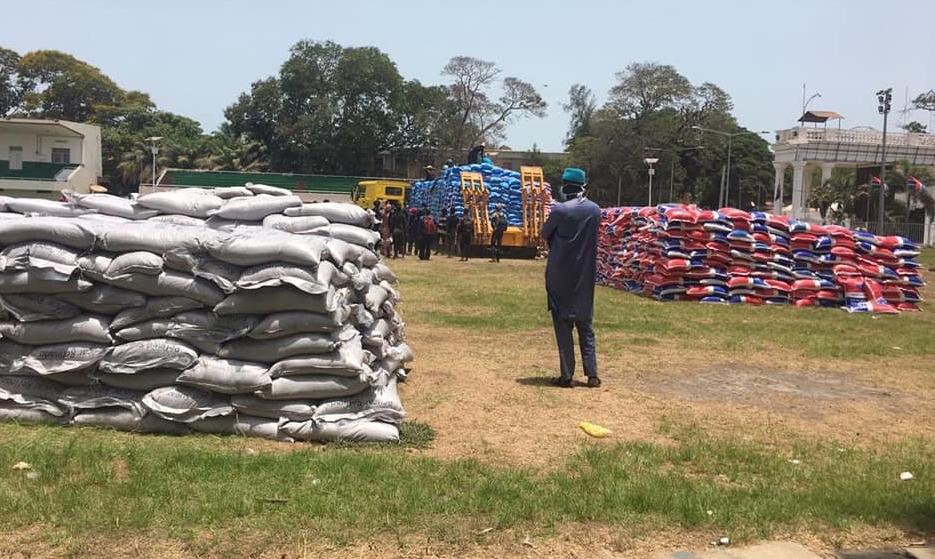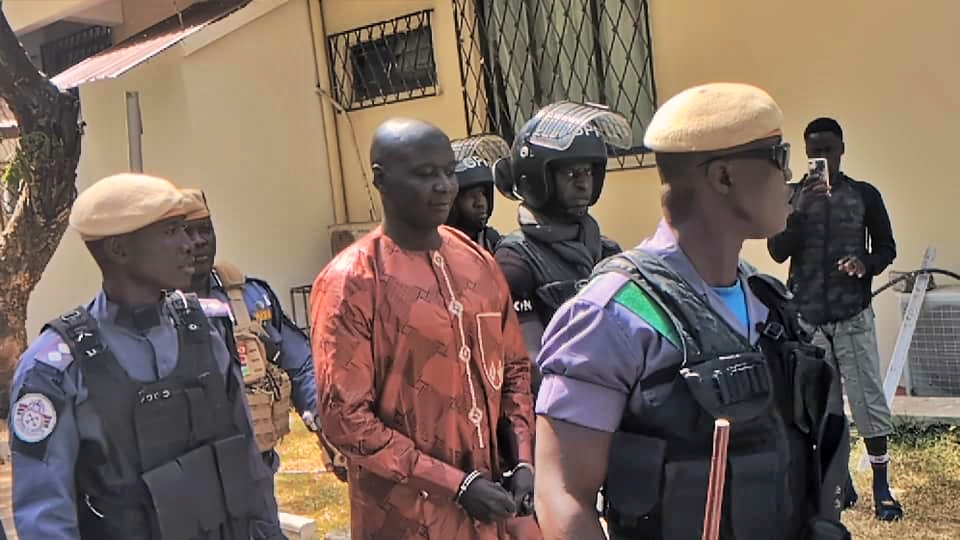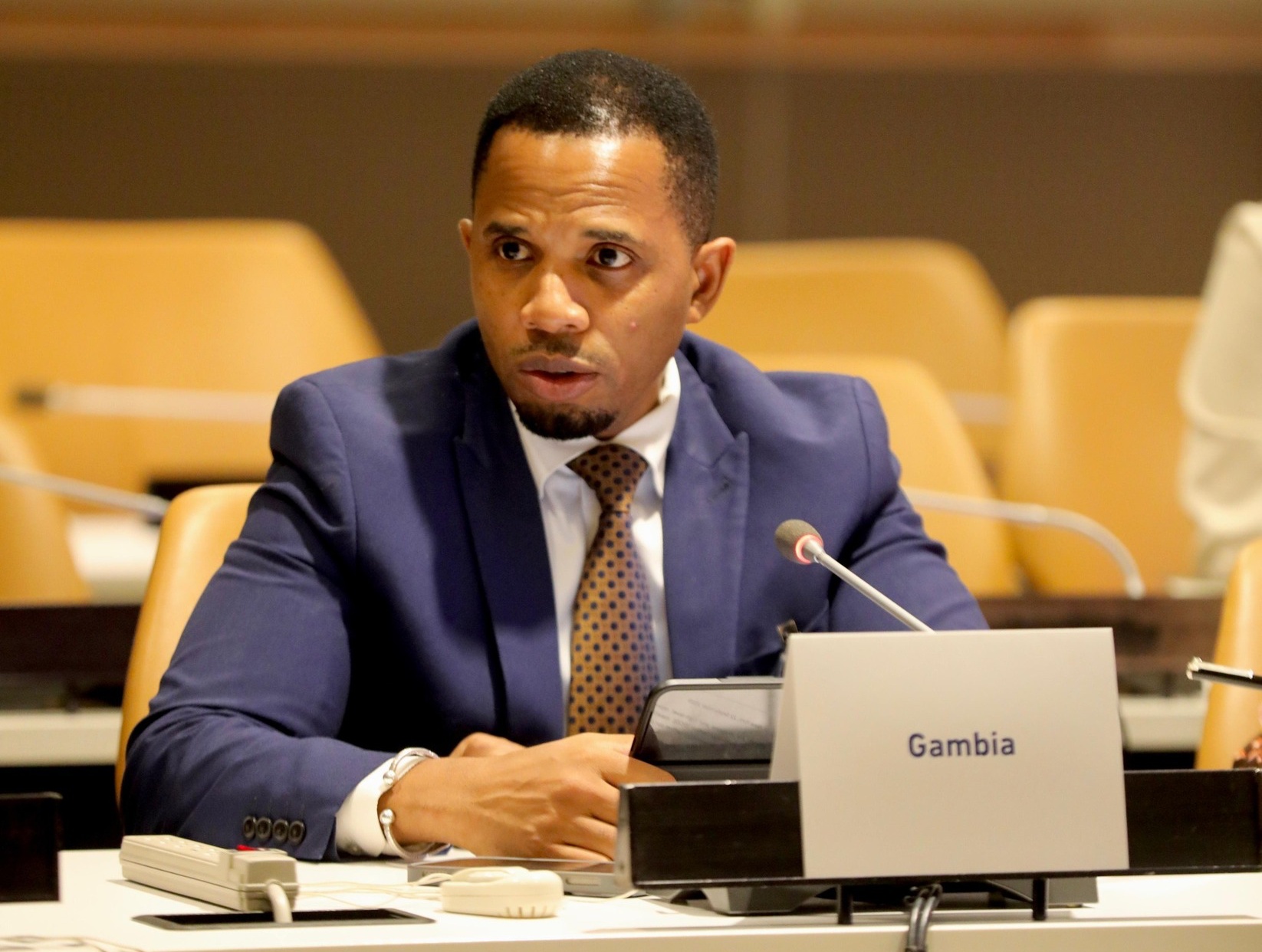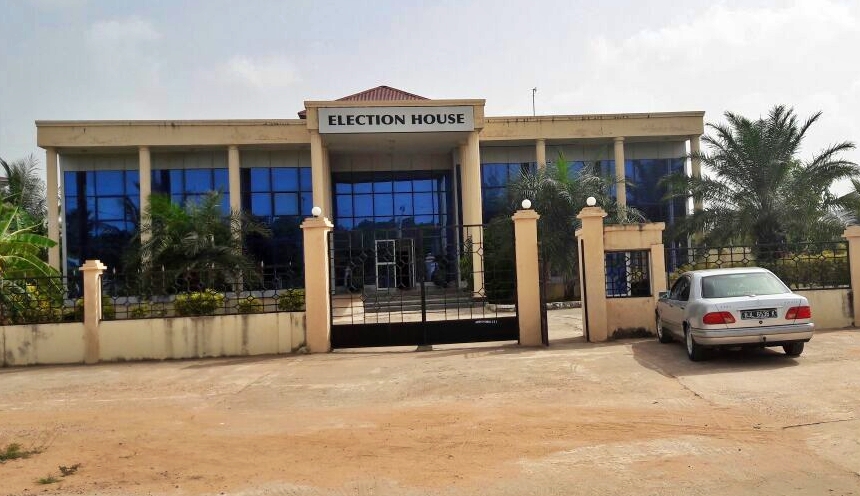Gambiaj.com – (DAKAR, Senegal) – On Tuesday, in Dakar, Senegal’s Minister of Justice, Ousmane Diagne, officially inaugurated the Financial Judicial Pool (PJF), a newly established court designed to enhance the nation’s response to economic and financial crimes. The PJF, which replaces the Court for the Repression of Illicit Enrichment (CREI), is seen as a more modern and comprehensive legal body that aligns with current demands for transparency and accountability.
“It not only replaces the CREI but seeks to be more innovative and better suited to the requirements of the moment,” Diagne remarked during the inauguration ceremony, which was attended by key judicial figures and members of the PJF.
The creation of the PJF stems from a law passed on August 2, 2023. The court, with national jurisdiction, has been established within the Dakar High Court of Appeal, specifically tasked with handling economic and financial crimes. According to the Justice Minister, the establishment of the Financial Judicial Pool is a direct response to the challenges posed by globalization, rapid capital flows, advances in technology, and the rise of international criminal networks.
“This new mechanism is a response to the citizen demand for accountability and the complexities of today’s economy. Criminal networks transcend borders, and only through specialized judicial bodies like the PJF can we effectively combat these challenges,” Diagne stated.
The minister emphasized Senegal’s long-standing commitment to fighting corruption and embezzlement of public funds. The predecessor to the PJF, the CREI, was founded in 1981 as part of the country’s efforts to combat such crimes. However, Diagne underscored that the PJF has a broader mandate and will work in tandem with institutions such as the Court of Auditors, the State General Inspectorate, and the National Office for the Fight against Fraud and Corruption.
A Broader Mandate for Economic Justice
The Financial Judicial Pool expands its scope beyond the CREI’s original purview, addressing issues such as public fund embezzlement, fraud, counterfeiting, corruption, cybercrime, public procurement violations, maritime piracy, terrorism financing, and migrant smuggling. This broader mandate reflects the evolving nature of economic crimes, Diagne said.
In his address to the members of the newly formed court, Diagne urged them to perform their duties with the utmost dedication. “The principles of independence and integrity must always guide you in the accomplishment of your mission,” he told the assembled judges and prosecutors, emphasizing the state’s commitment to providing optimal conditions for their work.
Abdoulaye Ba, the first president of the Dakar Court of Appeal, echoed these sentiments, highlighting the significant responsibility entrusted to the new court. He expressed confidence in the capabilities of the PJF’s members, citing their intellectual and professional expertise as key to strengthening the judiciary.
“The immense talent and dedication of these individuals inspire hope for a stronger judiciary, one capable of meeting the complex challenges of our time,” Ba remarked.
Key Appointments
The PJF is composed of multiple chambers, each specialized in handling different aspects of financial crimes. Among the key appointments are El Hadji Alioune Abdoulaye Sylla as financial public prosecutor, Idrissa Diarra as president of the college of financial investigating judges, and Anta Ndiaye Diop as president of the financial appeals chamber. These individuals, alongside their colleagues, will lead the effort to ensure justice is served in cases of economic and financial misconduct.
With this official installation, the Senegalese government signals its commitment to strengthening governance and promoting accountability. By establishing the PJF, Senegal hopes to address both domestic and international concerns about corruption and financial crime, ensuring the judiciary is well-equipped to tackle the complex and borderless nature of modern-day criminal activities.










